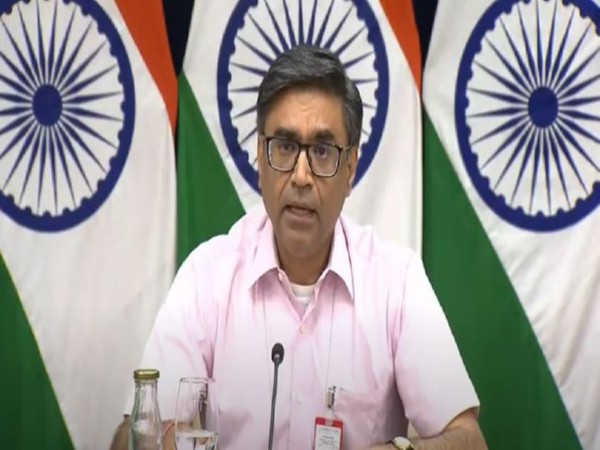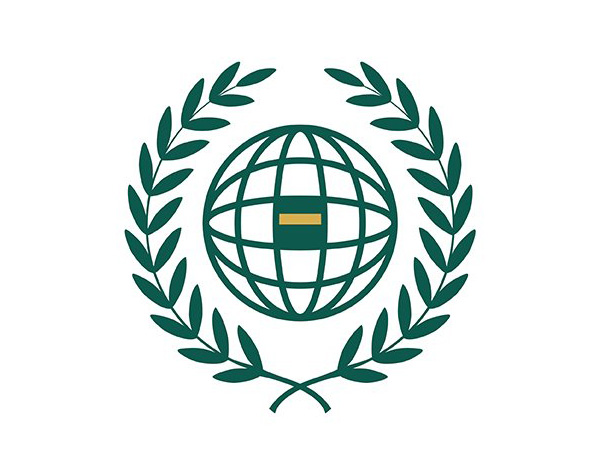Germany: Human Rights bodies join hands to voice support for Uyghur minorities
Aug 14, 2024

Munich [Germany], August 15 : Demonstrating a strong stance against China's transnational repression against Uyghur minorities, 11 human rights organisations jointly formed a coalition to voice support in Germany, a statement by the World Uyghur Congress (WUC) reported on Tuesday.
The coalition titled "Coalition against Transnational Repression in Germany" represents victims of transnational repression, which is believed to originate from China, Azerbaijan, Vietnam, Belarus, Egypt, Turkey, Syria, and Iran.
Reportedly, transnational repression is a strategy employed by authoritarian governments to silence their critics abroad. The statement mentioned that individuals who are exiled often cannot live safely in Germany either; they face threats, intimidation, or even violent persecution from their respective native countries.
The coalition aims to collectively combat threats and intimidation in Germany.
The spokesperson for Tibet Initiative Germany, David Missal, said in the statement, "When people are persecuted in Germany, they have so far been alone with their fears. Transnational repression is not only a threat to individuals but also a challenge to democracy and the rule of law. This requires more attention and political responses in Germany. We have come together as a coalition to send a clear message: victims of transnational repression must be taken seriously and protected."
The Transnational Repression Coalition is committed to raising awareness among the public, policymakers and authorities dealing with vulnerable groups at risk. It advises on the development of political and civil society solutions and serves as a strong voice for those affected.
The founding members of the coalition include Tibet Initiative Deutschland, Mikroskop Media, JAM, Human Rights Defenders' Network - German Section, the Law and Democracy Support Foundation (LDSF), Freiheit fur Hongkong, MangMang Magazine, Reporter ohne Grenzen (RSF), Belarusische Gemeinschaft Razam, the World Uyghur Congress (WUC), and Verein der Tibeter in Deutschland. These German human rights and diaspora organizations aim to raise awareness about the threat of Transnational Repression (TNR) and its impact on human rights, freedom and security in Germany.
Growing authoritarianism worldwide is forcing more and more critical voices, dissidents, human rights defenders, members of persecuted people, and journalists into exile. Germany is an important harbour for members of these groups.
Open criticism, networking within the diaspora and outreach in the regions of origin make them a target for authoritarian regimes and their supporters. In Germany, too, critical voices and members of threatened groups are subjected to repression from their countries of origin, according to the statement of the WUC.
According to the WUC, the TNR is a strategy employed by foreign governments reaching across borders to intimidate, silence, or harm members of diaspora and exile communities to prevent them from exercising their human rights as defined in the German Basic Law. TNR includes physical and digital attacks, stalking, surveillance, obstructing mobility, coercing people back to their home countries, and threats from afar, such as coercion by proxy.
The WUC elaborated that some threats may be punishable under German criminal law, while in many cases, attacks are purposefully conducted below the threshold of criminal liability. It is often obvious that they originate from state actors, but it is often difficult to prove in court. Important contact points, such as law enforcement agencies, lack experience with transnational repression. This makes it difficult to acknowledge, understand, persecute and counteract TNR in Germany.



















